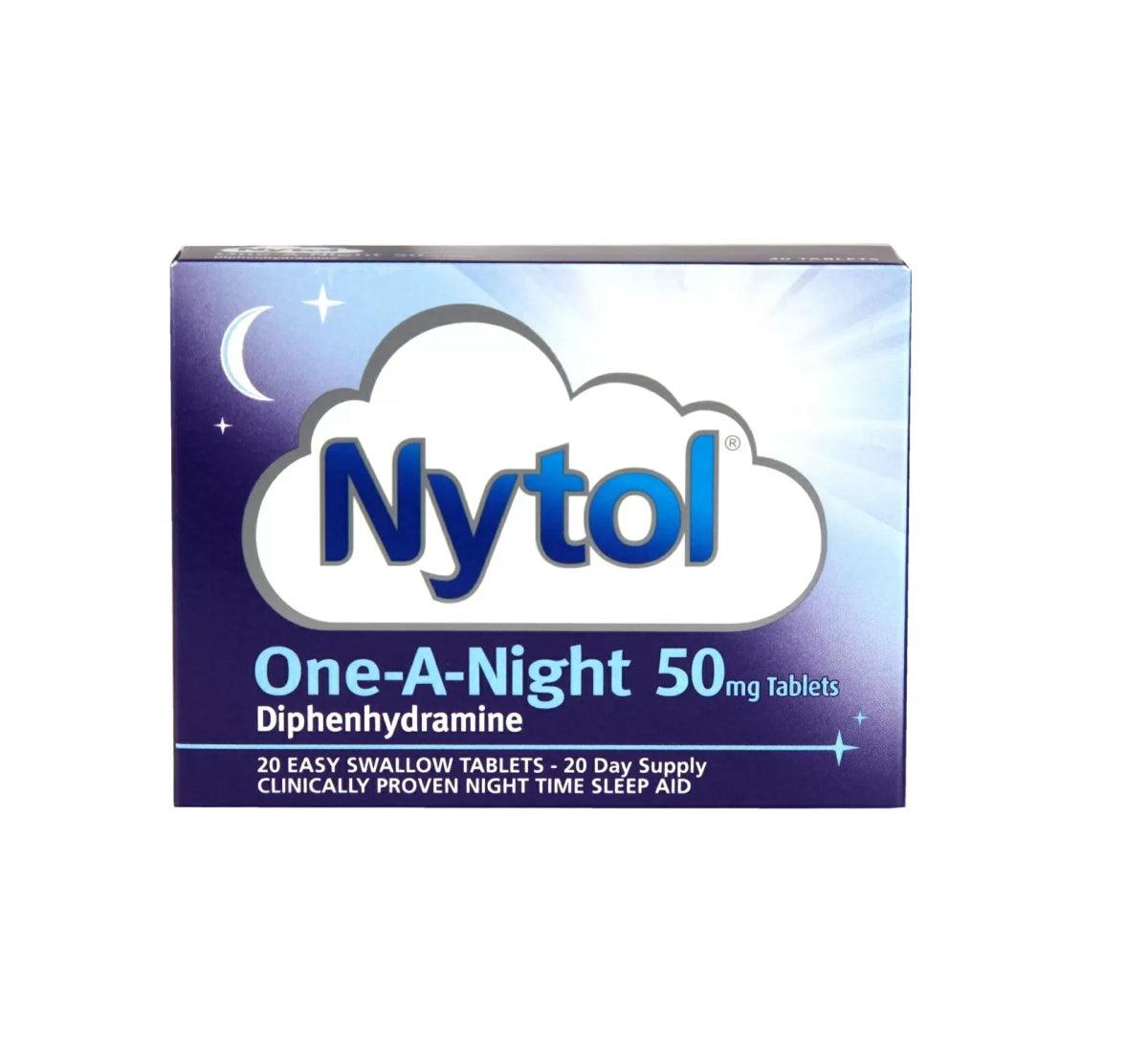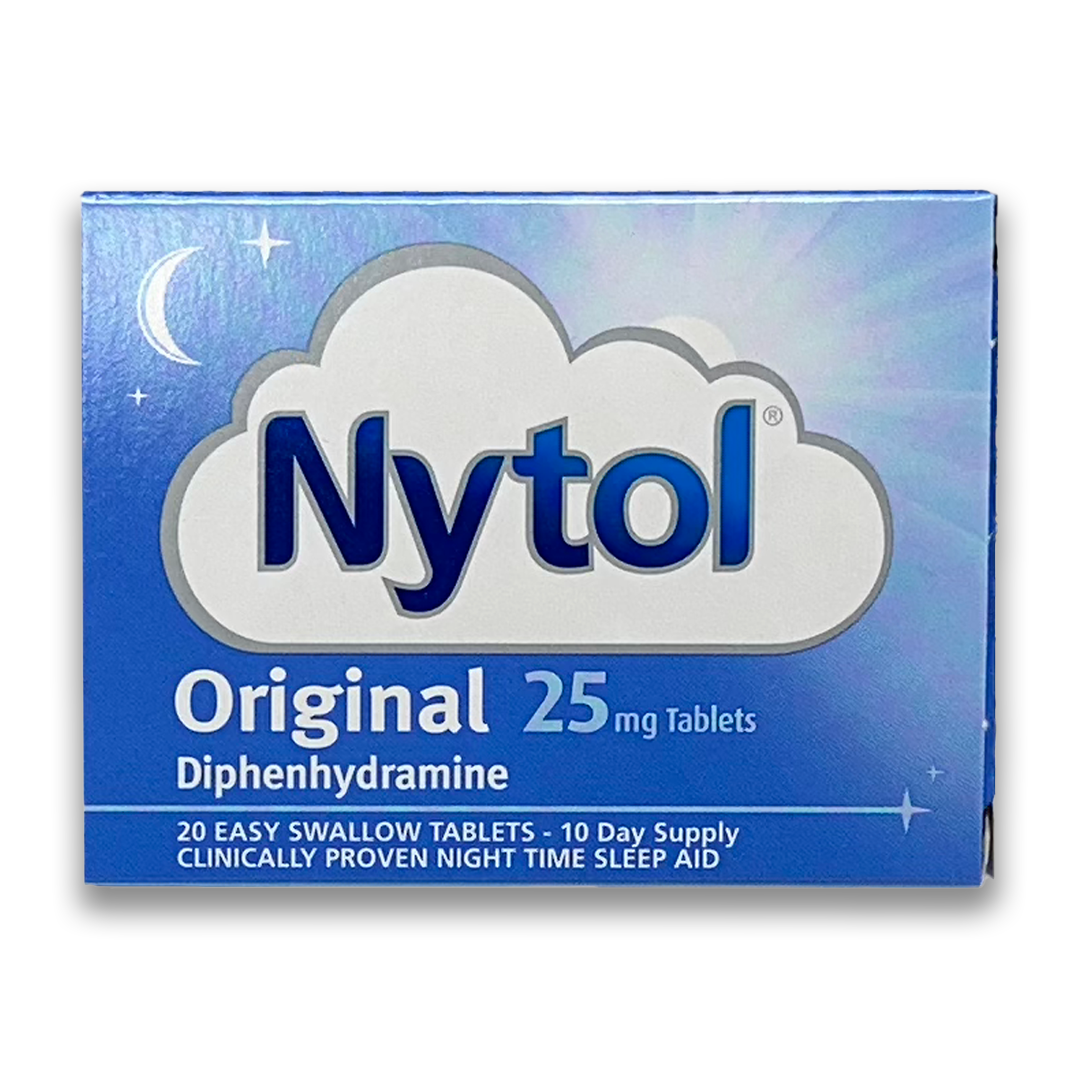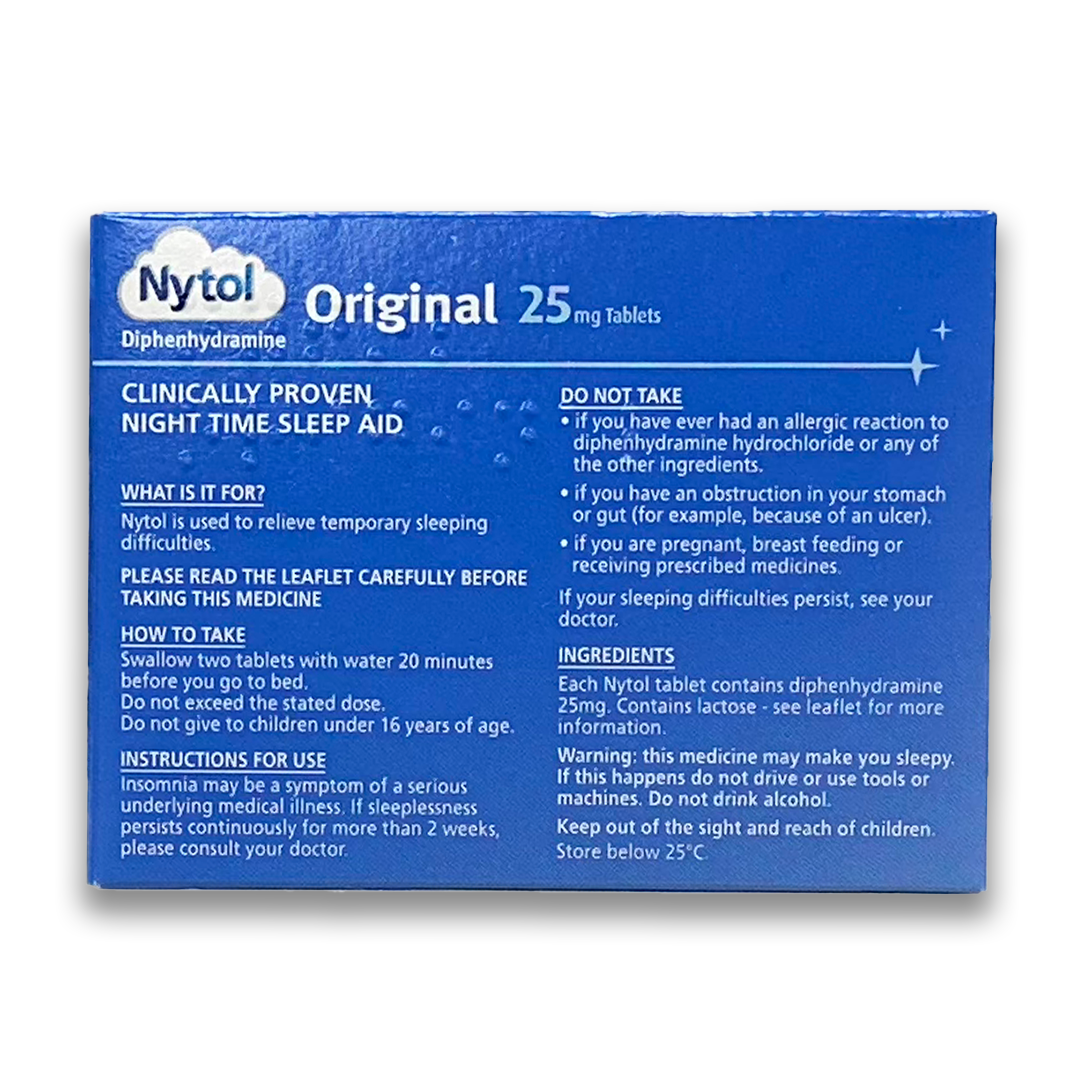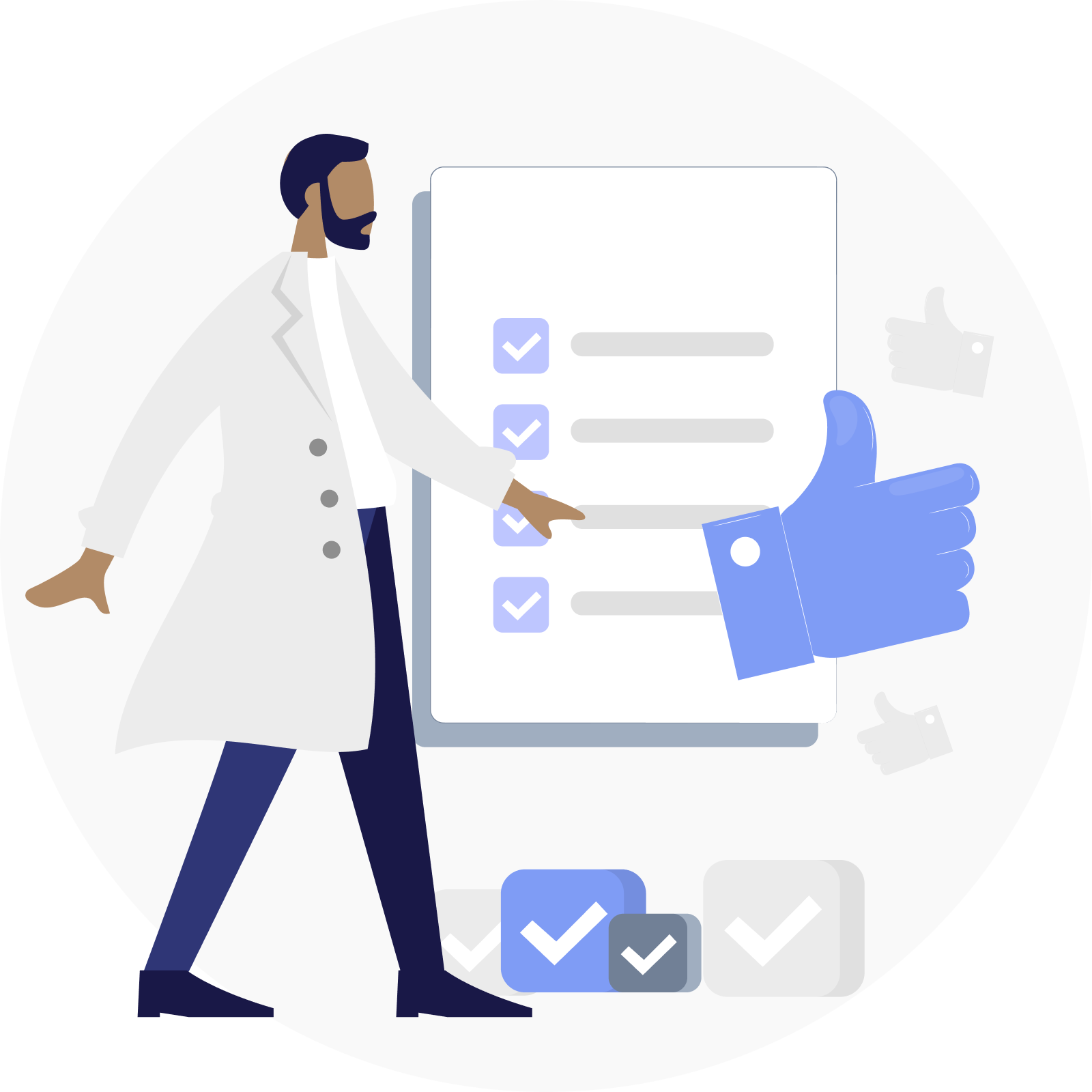
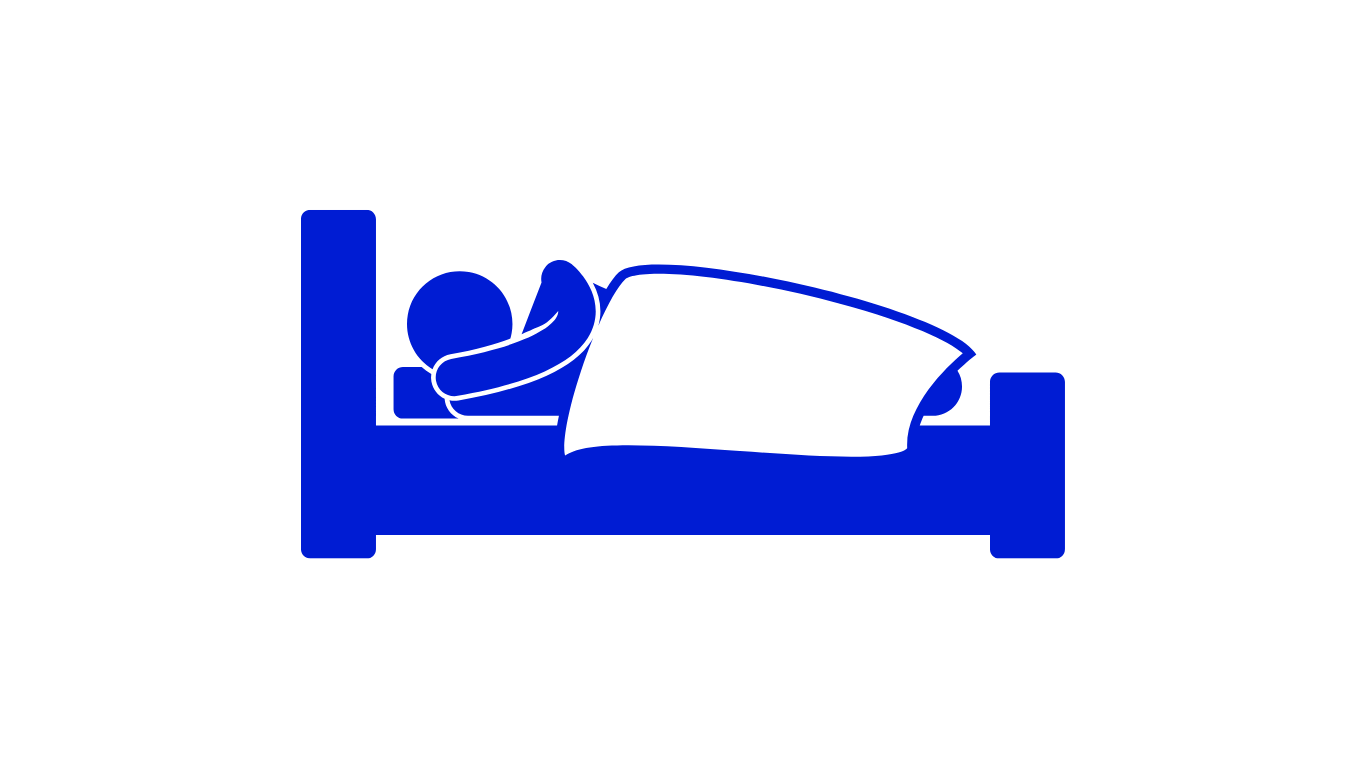
About Sleep Aid
Causes
Diagnosis
Treatments
Prevention
Further Info
FAQs
Are sleep aids addictive?
Can I use herbal supplements as sleep aids?
Is melatonin a safe option for sleep aid?
How does cognitive behavioral therapy for insomnia (CBT-I) work?
We are here to help 👋
For assistance, please contact our customer service at info@rightangled.com. We are available Monday to Friday from 8 am to 5 pm. For urgent issues, please do not use this email. Instead, call 111, or dial 999 in case of an emergency.

